Are UK house prices about to crash?
Higher property taxes and a new mansion tax announced in the Autumn Budget could weigh on house price growth
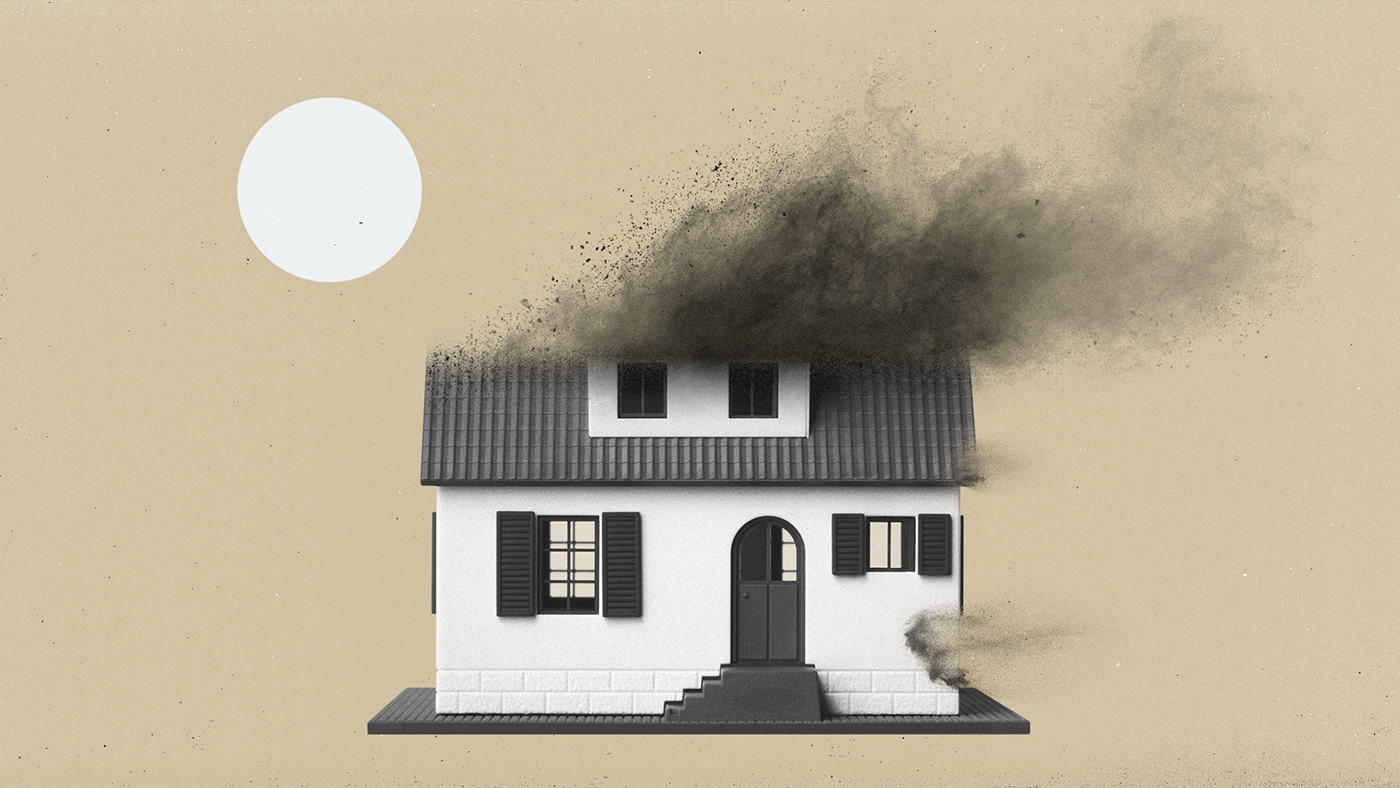
A free daily email with the biggest news stories of the day – and the best features from TheWeek.com
You are now subscribed
Your newsletter sign-up was successful
House price growth was already slowing in the build-up to the Autumn Budget, and prospects for higher property values seem further depressed now that the fiscal update is out of the way.
A “widely speculated” tax on homes worth above £500,000 was avoided, said Zoopla, which should “boost the market”. But property owners will soon have to contend with a new mansion tax from April 2028, and landlords with higher rates of income tax from April 2027.
Analysts expect these changes to have an impact on house price growth.
The Week
Escape your echo chamber. Get the facts behind the news, plus analysis from multiple perspectives.

Sign up for The Week's Free Newsletters
From our morning news briefing to a weekly Good News Newsletter, get the best of The Week delivered directly to your inbox.
From our morning news briefing to a weekly Good News Newsletter, get the best of The Week delivered directly to your inbox.
What’s happened to house prices?
Average property price growth has been “slowing since September amid Autumn Budget uncertainty,” said Estate Agent Today. The Land Registry house price index for the month showed average values fell by 0.6% between August and September, the first drop since April 2025. Other house price indices have registered lower levels of growth. The latest figures from Halifax show average property values were up just 0.6% between September and October 2025 and by 1.9% annually.
Despite clarity on property taxes in the Autumn Budget, house price growth still “looks set to continue rising at a slow pace”, said MoneyWeek.
How will mansion tax affect property prices?
Chancellor Rachel Reeves unveiled plans for a mansion tax, under a new High Value Council Tax Surcharge on homes worth more than £2 million.
Charges will range from £2,500 per year for eligible properties worth between £2 million and £2.5 million, and rise to £7,500 if your home is worth more than £5 million, with the tax rising by inflation each year.
A free daily email with the biggest news stories of the day – and the best features from TheWeek.com
This effectively introduces a “price limit on houses”, said Matthew Lynn in The Spectator and could “distort the market”.
Rightmove property expert Colleen Babcock suggested the tax would “disproportionately affect London and the south of England markets, which are still recovering from April’s stamp duty increase”. While there will always be a market for the highest priced, premium properties in the most popular locations, this tax is more “stifling than supportive of movement and growth” within the market.
Many of the affected owners are likely to be “asset-rich but cash-poor”, said The Times, so expect “plenty of serious appeals around the proposed revaluation exercise”.
What could cause a price crash?
There is no suggestion that house prices will crash, but the Office for Budget Responsibility has forecast that higher property income tax rates from April 2027 will “reduce house price growth by around 0.1 percentage points a year from 2028”.
Reeves announced that the basic rate of these property taxes will rise from 20% to 22% from April 2027. The property higher rate will increase from 40% to 42%, and the additional rate from 45% to 47%.
Furthermore, while fewer than 1% of properties in England are expected to be above the £2 million mansion tax threshold, it could have “knock-on effects for the rest of the market” if activity slows at the top, said ThisisMoney.
So what will happen to the price of your house?
Before the Budget, Savills was predicting growth of 4% in 2026, while Halifax estimated an increase of up to 3%. Some were more cautious – Zoopla forecast a “slight growth” of 1%, while Rightmove “downgraded” an initial estimate of 4% to 2%.
Post-Budget forecasts from the OBR have predicted that average house prices in the UK will rise from £260,000 in 2024 to just under £305,000 in 2030, growing at slightly below 3% in 2025 and averaging 2.5% annual growth from 2026, “broadly in line with average nominal earnings growth”.
The good news for homebuyers and also sellers is that the stamp duty system “remains intact”, said Zoopla. This means sellers won’t need to “adjust their asking prices to absorb an annual charge, preserving affordability for purchasers”, which may offer the market a “steadier footing”.
Meanwhile, the landlord income tax and mansion tax changes don’t come in until 2027 and 2028 respectively, added Rightmove, so movers and homeowners “have time to plan and assess what the changes might mean for them”.
Marc Shoffman is an NCTJ-qualified award-winning freelance journalist, specialising in business, property and personal finance. He has a BA in multimedia journalism from Bournemouth University and a master’s in financial journalism from City University, London. His career began at FT Business trade publication Financial Adviser, during the 2008 banking crash. In 2013, he moved to MailOnline’s personal finance section This is Money, where he covered topics ranging from mortgages and pensions to investments and even a bit of Bitcoin. Since going freelance in 2016, his work has appeared in MoneyWeek, The Times, The Mail on Sunday and on the i news site.
-
 Colbert, CBS spar over FCC and Talarico interview
Colbert, CBS spar over FCC and Talarico interviewSpeed Read The late night host said CBS pulled his interview with Democratic Texas state representative James Talarico over new FCC rules about political interviews
-
 The Week contest: AI bellyaching
The Week contest: AI bellyachingPuzzles and Quizzes
-
 Political cartoons for February 18
Political cartoons for February 18Cartoons Wednesday’s political cartoons include the DOW, human replacement, and more
-
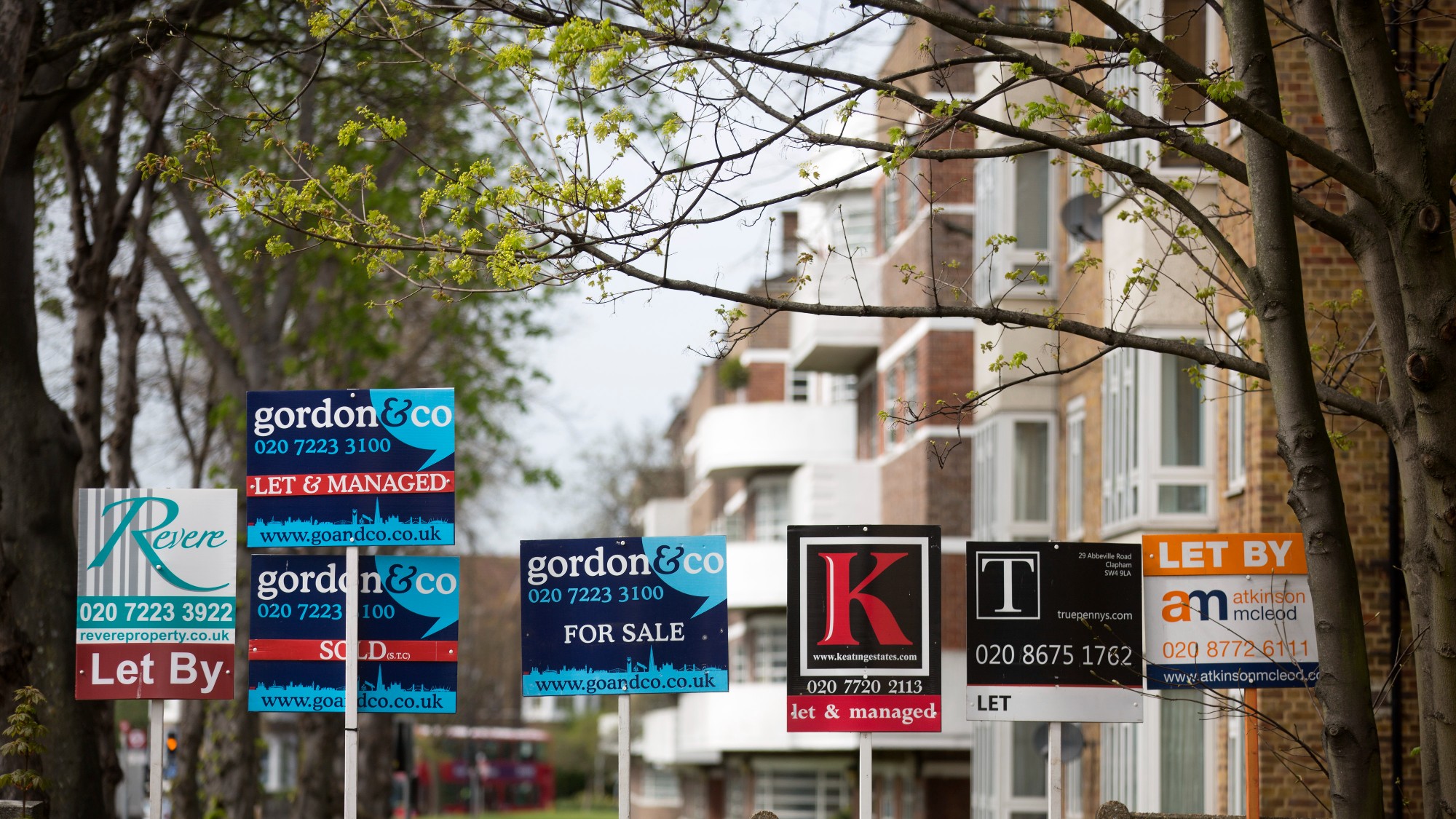 Why is London’s property market slumping?
Why is London’s property market slumping?Today's Big Question Some sellers have reported losses of hundreds of thousands of pounds
-
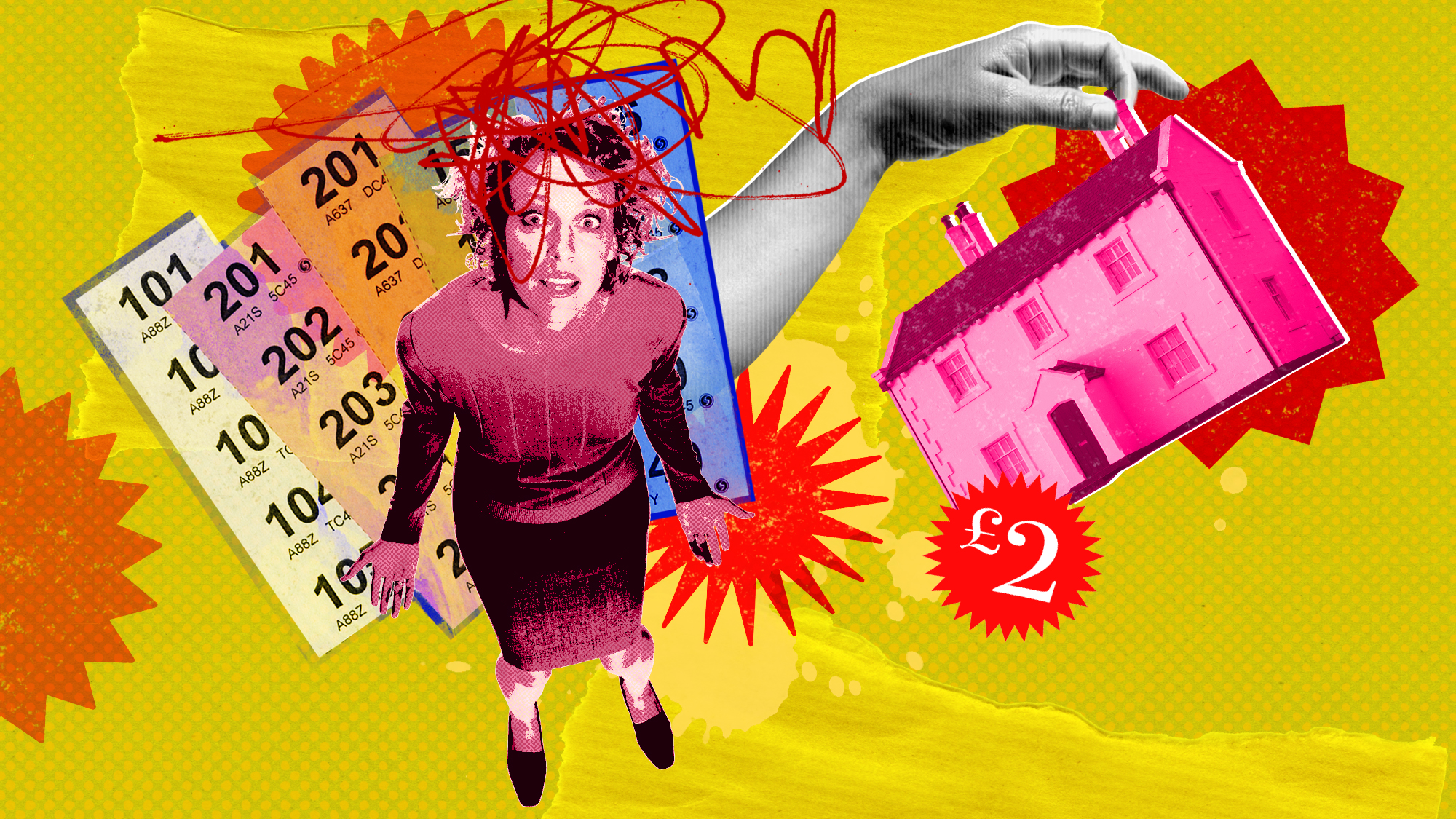 The people who raffle their homes
The people who raffle their homesUnder The Radar Offer the chance to win your house for £2 a ticket? It's simple and can make thousands but it's not stress-free
-
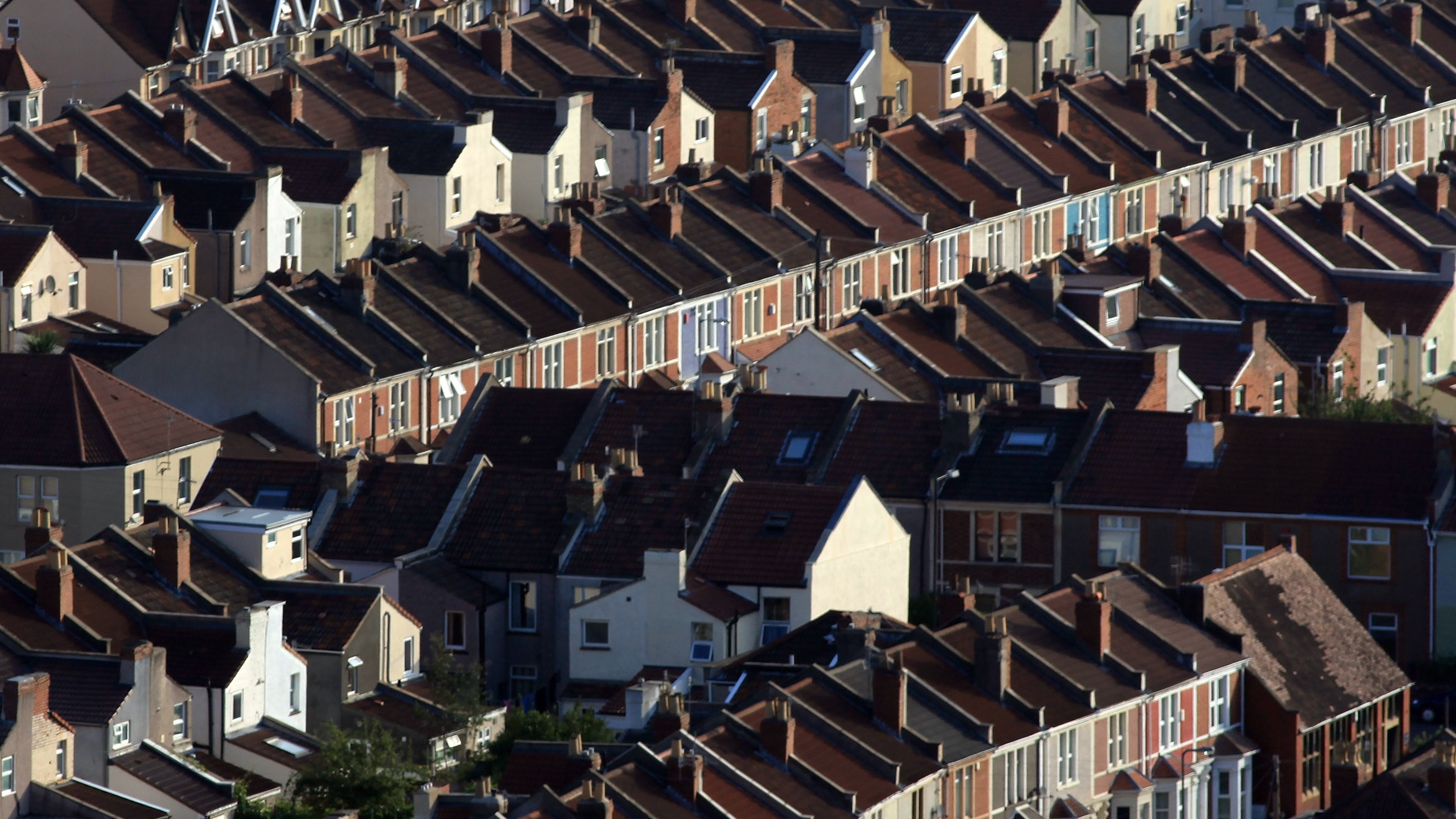 Pros and cons of shared ownership
Pros and cons of shared ownershipPros and Cons Government-backed scheme can help first-time buyers on to the property ladder but has risks
-
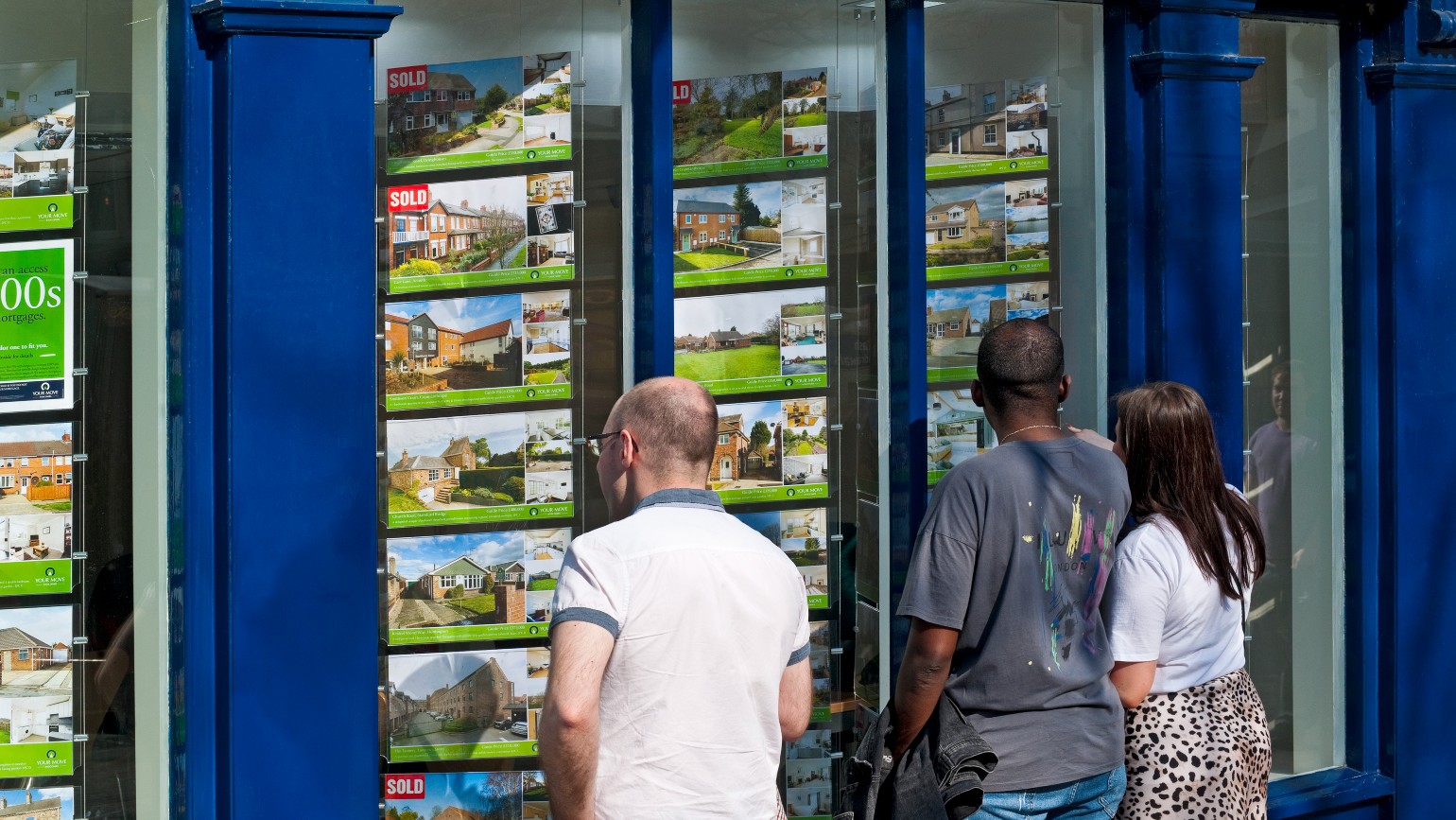 Affordability test scrapped: what ‘huge’ mortgage rule change means for buying a house
Affordability test scrapped: what ‘huge’ mortgage rule change means for buying a houseTalking Point Bank of England cuts red tape on mortgage approval process despite soaring inflation
-
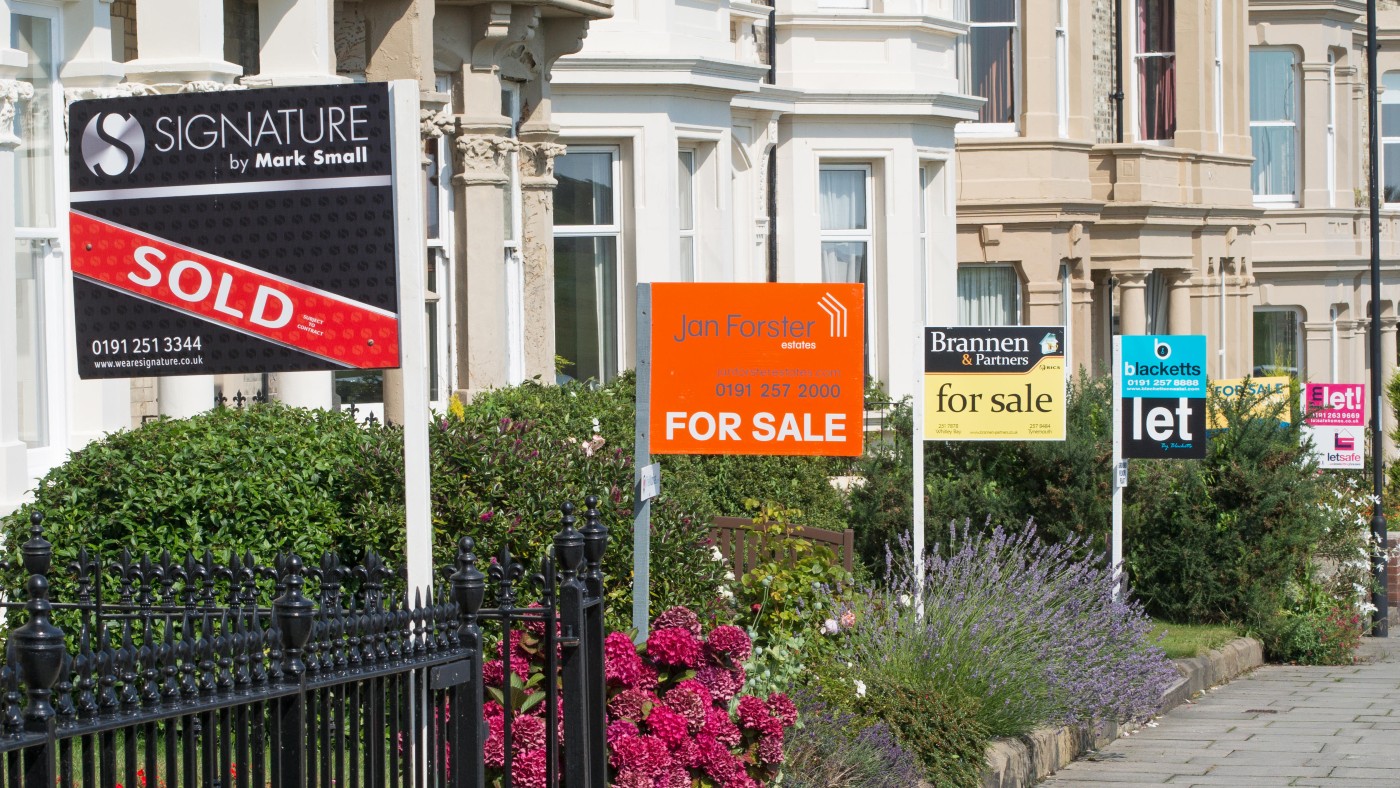 ‘Weakest since 2012’: UK house price average falls to £257,406
‘Weakest since 2012’: UK house price average falls to £257,406In Depth Prices down 1.1% year-on-year in February – the first annual decline since June 2020
-
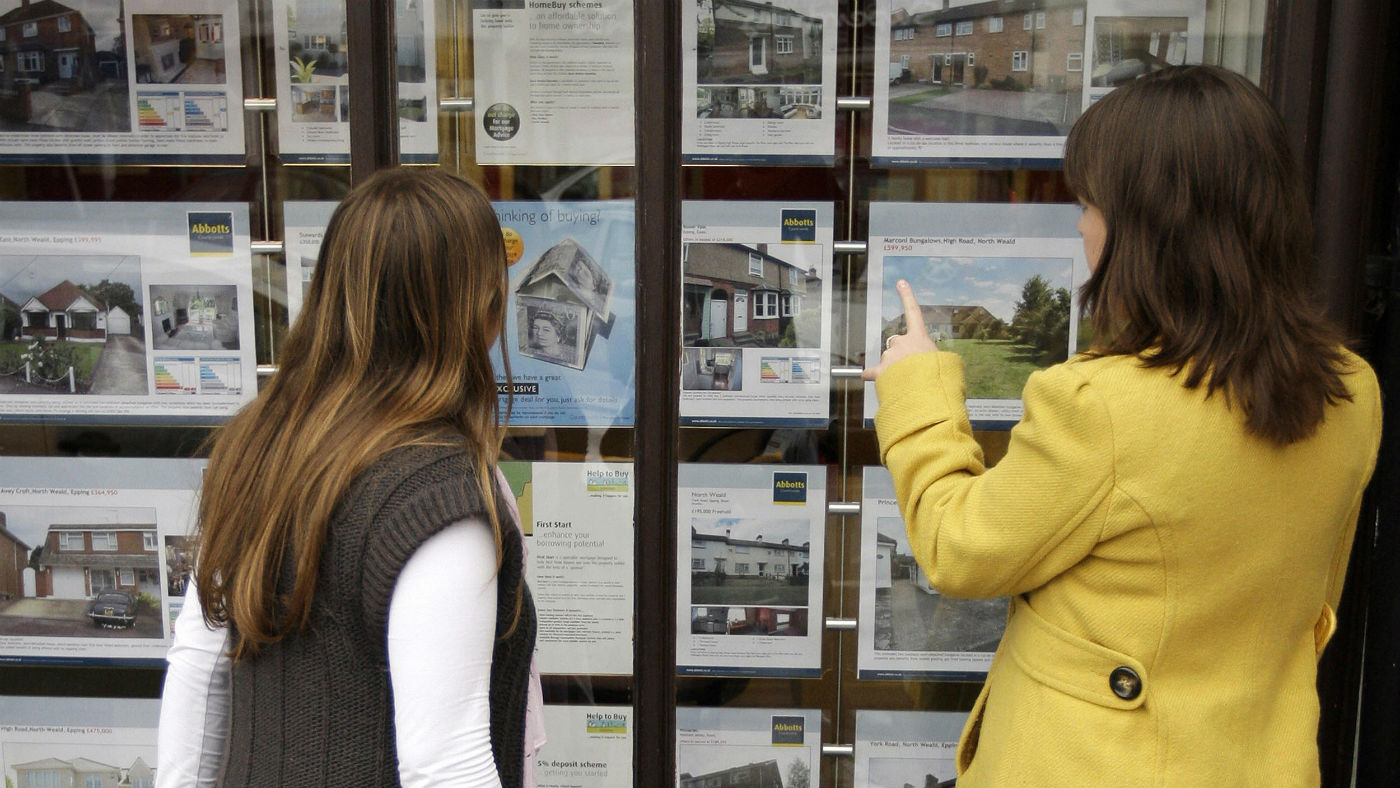 UK house prices in 2022: what the experts think
UK house prices in 2022: what the experts thinkfeature Sellers’ market, what next and mortgage matters
-
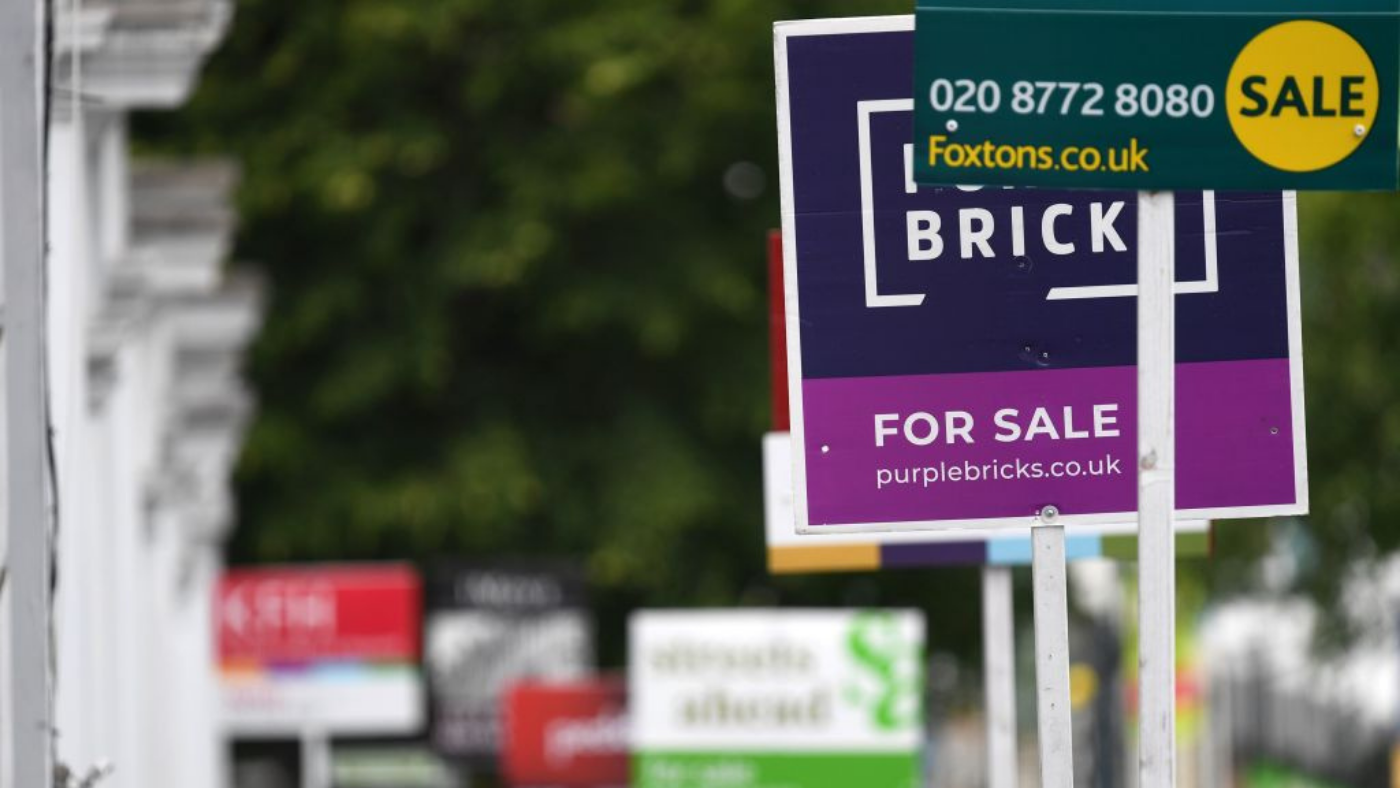 The house price boom in five charts
The house price boom in five chartsfeature Demand continues to outstrip ‘stock-starved’ housing market
-
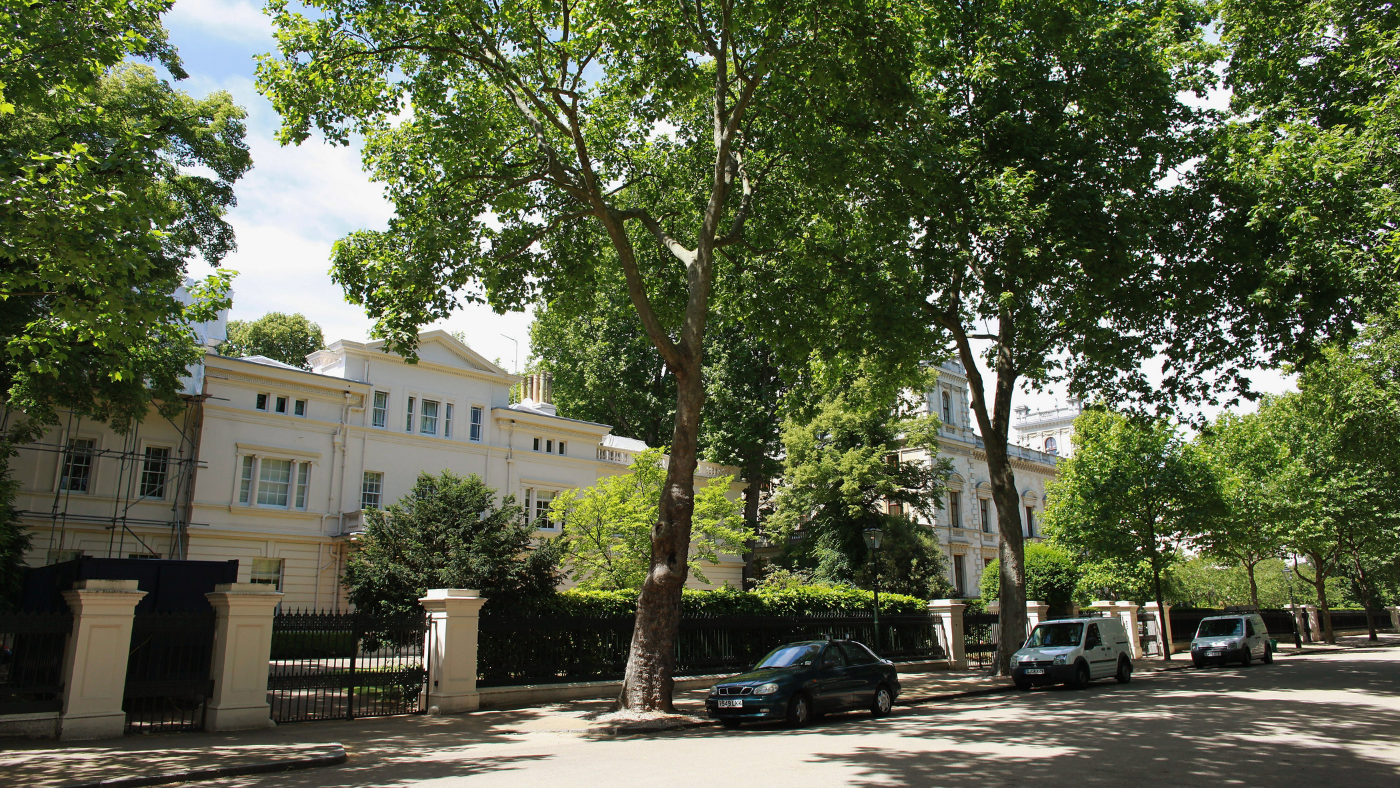 Britain’s most expensive streets
Britain’s most expensive streetsThe Week Recommends New names sneak into list of priciest roads